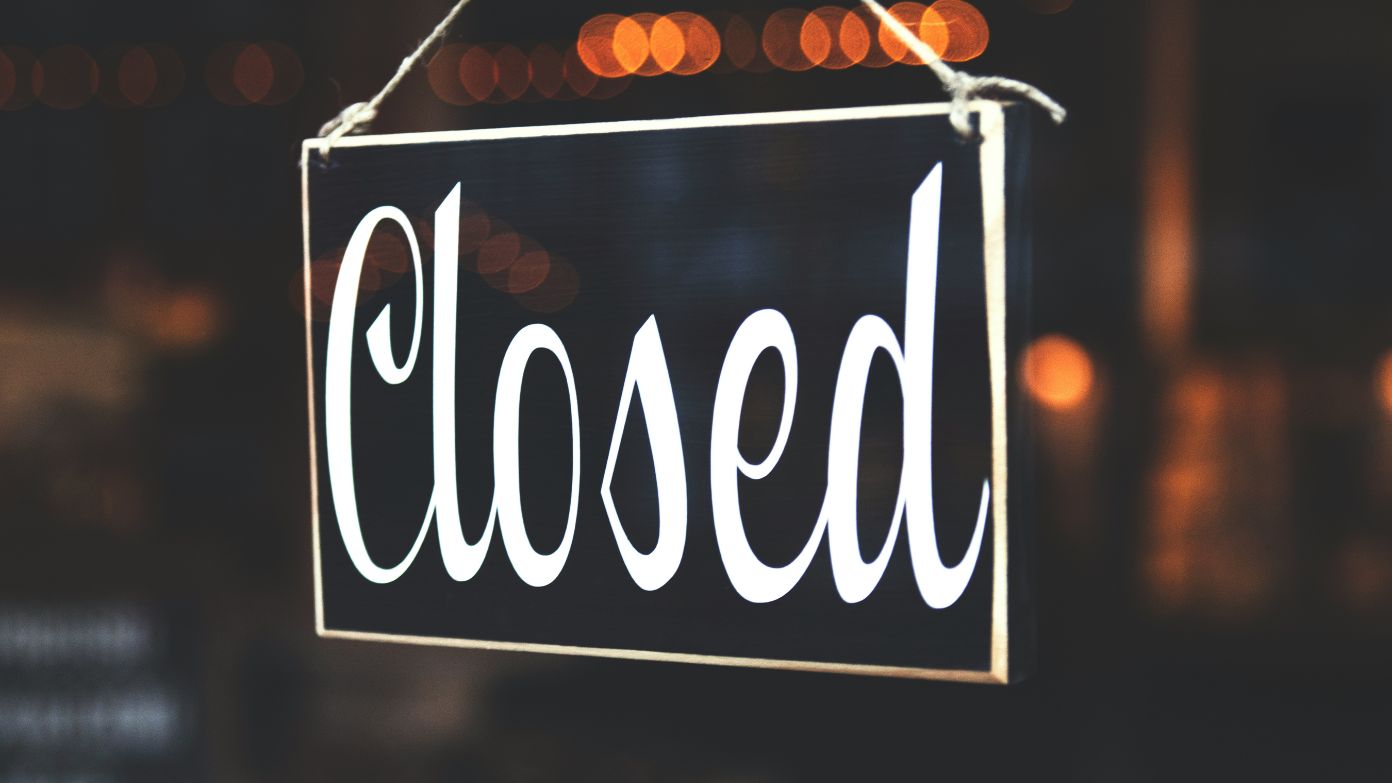If you live in the Sunset or Parkside area, then you probably already feel how hard it has become to get your prescriptions filled. Now, it is about to get even tougher. CVS just confirmed that its location at 1900 19th Ave. and Ortega Street will close on May 15, making it the 64th pharmacy to shut down in San Francisco since 2015.
Why is another San Francisco CVS pharmacy closing?
According to CVS spokesperson Amy Thibault, the closure is due to “local market dynamics” and how many stores already exist in the area. That may sound like corporate talk, but the reality is, fewer pharmacies are staying open—especially in neighborhoods that really need them.
Where will prescriptions from the closed CVS be moved?
If you have prescriptions at the 19th Avenue CVS, they will automatically transfer to the CVS at 701 Portola Drive. That might not seem too far if you have a car, but for people who walk, use a wheelchair, or rely on public transit, it is a real inconvenience. The Portola Drive location is over 2 miles away, across from Twin Peaks.
Here is what that means for you:
- You may need to travel farther just to get medications.
- Seniors or people with disabilities may face more barriers to access.
- It could lead to longer lines and wait times at the remaining CVS locations.
CVS says employees at the 19th Avenue store will be offered similar jobs at other stores.
How many pharmacies have closed in San Francisco?
This new closure adds to a growing list of shut-down pharmacies in San Francisco:
- 64 total pharmacy closures since 2015
- Multiple Walgreens stores have recently shut down, including ones at 1750 Noriega St. and 1201 Taraval St.
- CVS itself has closed five other locations in the city between 2022 and 2023
That means there are now only 11 CVS stores left in San Francisco—and three of them are inside Target stores, not standalone pharmacies.
Why are pharmacies closing in San Francisco?
There are a few reasons you are seeing so many closures:
- Corporate downsizing: CVS and Walgreens are adjusting the number of stores in “dense” markets.
- Financial strain: Walgreens said in January that regulatory pressure and reimbursement issues are making it harder to afford rent, staff, and supplies.
- Legal troubles: Walgreens recently agreed to pay up to $350 million to settle claims with the U.S. Department of Justice for filling millions of illegal opioid prescriptions and submitting false claims.
So while pharmacy chains say the closures are about money and market conditions, some of it has to do with past behavior catching up with them.
How are residents reacting to fewer pharmacies?
For many San Francisco residents, this is not just a store closing—it is about losing access to healthcare. People rely on neighborhood pharmacies for:
- Prescription medications
- Vaccines
- Over-the-counter drugs
- Quick health advice from pharmacists
Without these nearby services, it gets harder and more expensive to stay healthy. That is the real impact here—especially for the elderly, low-income families, and people with chronic health conditions.

